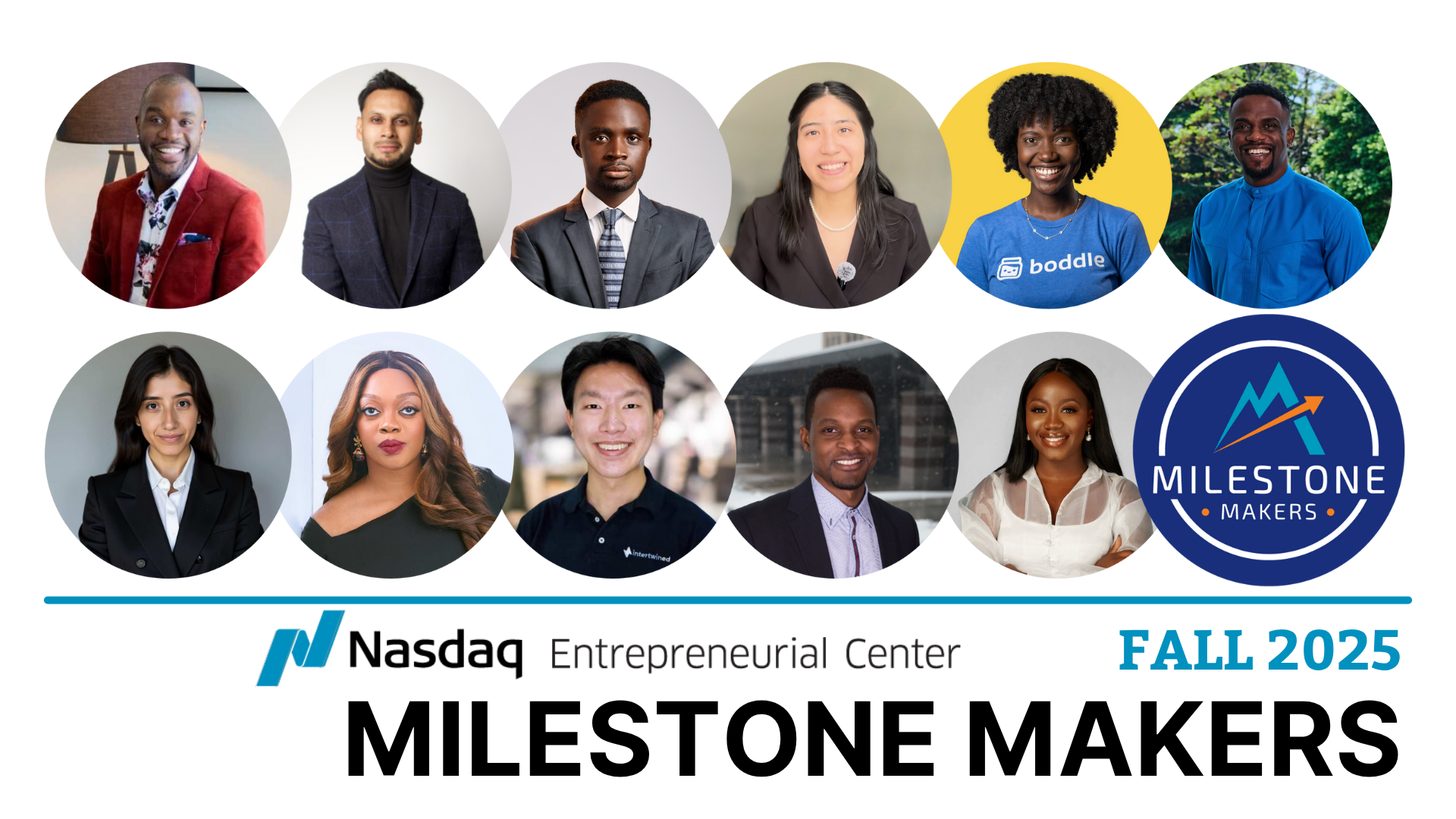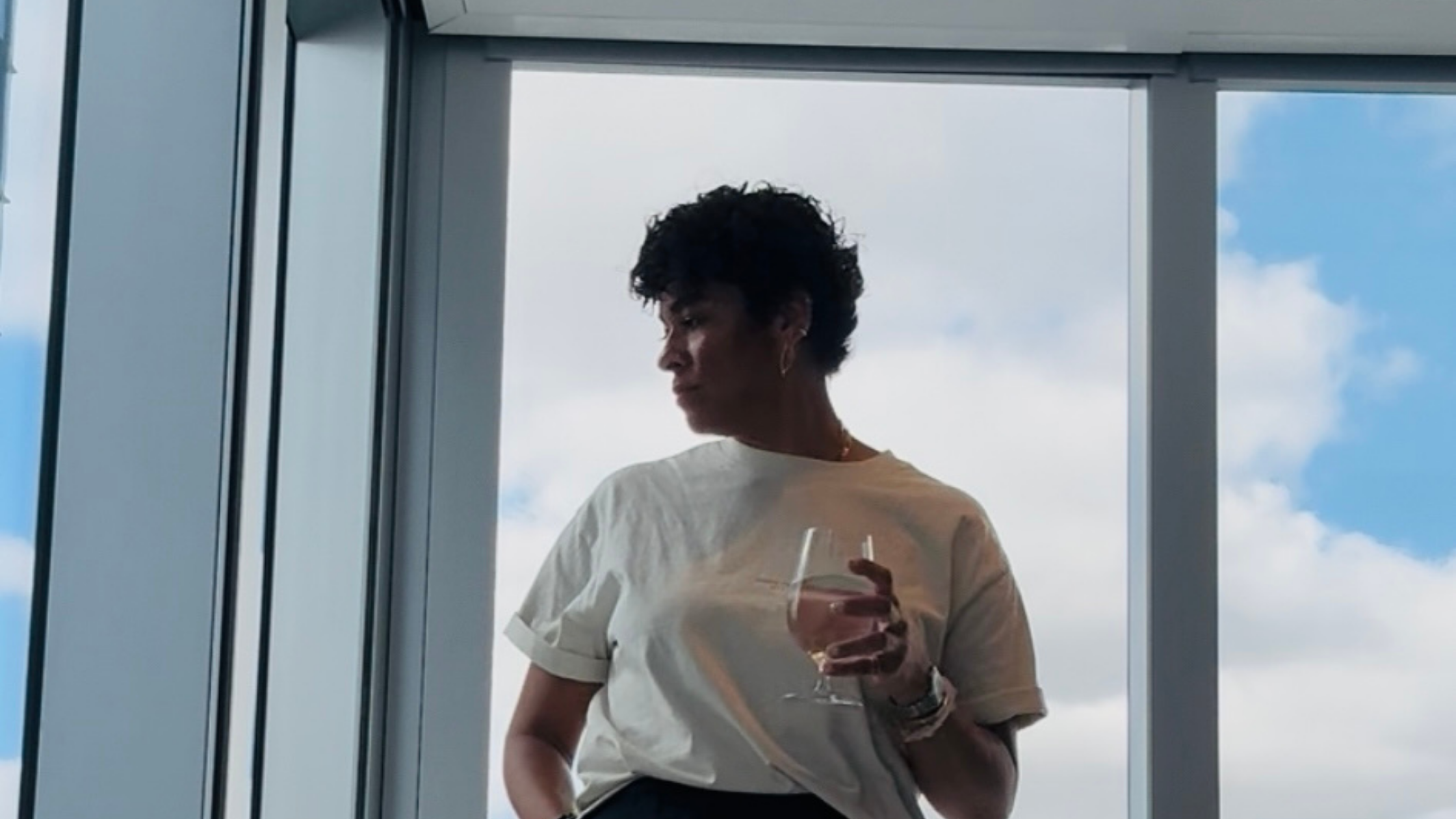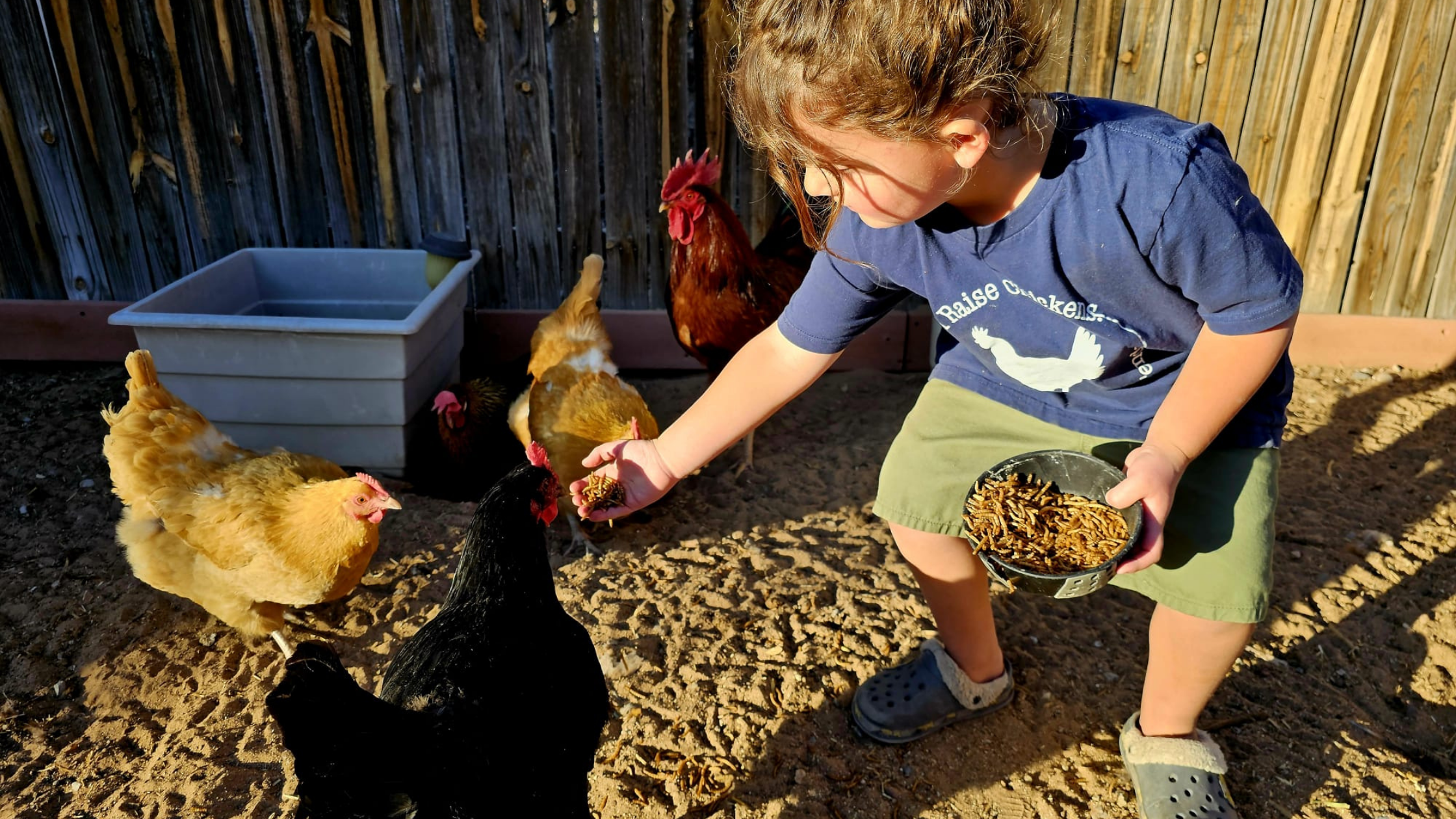Alok Tayi is the CEO & Founder of Boston-based startup, Tetrascience, an ‘Internet of Things’ company that’s modernizing research by bringing cloud software to the laboratory. Tayi took a moment to talk entrepreneurship update the Nasdaq Entrepreneurial Center on his journey as a founder so far.
What does “entrepreneurship” mean to you?
AT: Entrepreneurship is a powerful vehicle for change — it’s an opportunity for people to solve problems that require a new mindset and approach to the for-profit model.
How did your company come to be?
AT: I was a scientist for nearly 15 years and was doing a post-doctoral fellowship at Harvard with famed chemist, George Whitesides. While there, I had the ‘Eureka!’ moment. I recall trying to perform a simple experiment which required two highly trained scientists to perform. One scientist had to hold a glass thermometer and other cables, scream the temperature for a colleague to write down with pen-and-paper. That day, I asked myself a question: when we have capabilities like Nest at home, why don’t we have such capabilities in the lab when the value is 100x larger? One of my co-founders and I were on a train ride together that evening and my other co-founder came into the fold shortly thereafter.
What is the biggest experience or lesson gained on your journey so far?
AT: Every aspect of your business must be aligned to your market. From the sales model, to the messaging of the product, to the founders themselves. It’s hard to change the DNA of your company, therefore, one must work hard and upfront to understand the market you want to serve and align who you are to meet that market.
How is your company changing the landscape?
AT: Historically, drug development has been a fairly manual, silo’ed effort. Data would be captured in pen-and-paper or stored in 100s of different repositories. However, over the past twenty years, the shift in technology to the cloud and the increase in collaborative efforts merits new software for drug development. TetraScience collects data from labs and external collaborators in a single, cloud-based platform. Scientists are able to more rapidly access data, improve the quality of their analyses, and make drug development decisions faster.
What do you wish you knew when you started? Is there anything you would do differently?
AT: There are two things I would do differently: i) focus on pursuing the core vision from the beginning, ii) there are key pillars one needs to build to create a successful B2B software company (e.g. product marketing, compliance, etc.).
What advice/credo do you live by as you grow the business?
AT: To drive transformative science by creating an integrated, scientific data network.
What advice do you have for fellow entrepreneurs about building and leading teams?
AT: Building a great team is extremely hard. I can’t claim that we’ve built the perfect team. As a manager, I think there are two things I’ve learned:
i) measure people’s performance in a transparent way
ii) everyone has strengths and weaknesses.
In the case of #1 – good performers will perform better if they know what the metrics are, what success looks like. For #2 – folks have strengths and some weaknesses. It’s hard to know upfront what those may be. I think being a successful manager requires rapidly figuring out where people are strong and where they are weak. Further, investing in turning a weakness into a strength is key.
Where do you find inspiration when faced with challenges?
AT: I often look to fellow entrepreneurs who are ~ 1 year older than us. I have found that companies of a similar size/scale face the same problems. Therefore, spending time with people who are 12 months ‘older’ allow us to understand how they solve the problem I’m facing today. Additionally, I can learn about what problems are around the corner.
What does “success” look like for you? What do you think will help you achieve it?
AT: We would be successful when every new medicine is discovered using TetraScience software. Every experiment, every lab, every collaboration somehow uses TetraScience’s data platform to exchange, analyze, and integrate data.
What is your proudest and darkest moment so far?
AT: My proudest moment is when our customers ask to work at TetraScience. Many of our customers are large pharma and biotech companies. However, when they inquire about positions at TetraScience, the express admiration for the products we’ve built, the experience they had, and the people we’ve recruited.
My darkest moment is when we lose a customer. Fortunately, this is a rare occurrence, however, when we do it is hard to come to grips with the mistakes we made. Regardless, we as an organization need to take the time to better understand what we did wrong, what we can improve, and how we can do better next time.
What lesson did 2017 have for you? What do you look forward to in 2018?
AT: 2017 taught me most about company-market fit. We realized that our organization was built to serve market segment A (as an example) but we were focusing a lot of our time on market segment B. That’s a hard lesson as it drives everything from hiring to our brand. 2018, we are looking forward to the vision. As a data platform, we want to work with companies to help them develop new medicines by accessing their scientific data in one place. We are fortunate to have 60+ customers but are now integrating our software natively into other products in the industry. This year will (hopefully) prove out the success and value of our scientific data network.
Many entrepreneurs continue to perfect their daily routines to support their work and greater vision; would you mind sharing your morning routine or a regular ritual that grounds your work each day?
AT: I don’t do anything special, unfortunately. I wake up, review most communications (e.g. email, Slack, etc.), and go-to-market metrics (e.g. Salesforce, Pardot, etc.).
What kind of an entrepreneur do you want to be known as, as in, what do you want your legacy to be?
AT: I want to be known as a collaborative entrepreneur. Building a business is not unlike raising a child: it takes a village. From our customers to our team members to our partners, I want TetraScience and our approach to be one that enables collaboration and success for everyone at the table.




